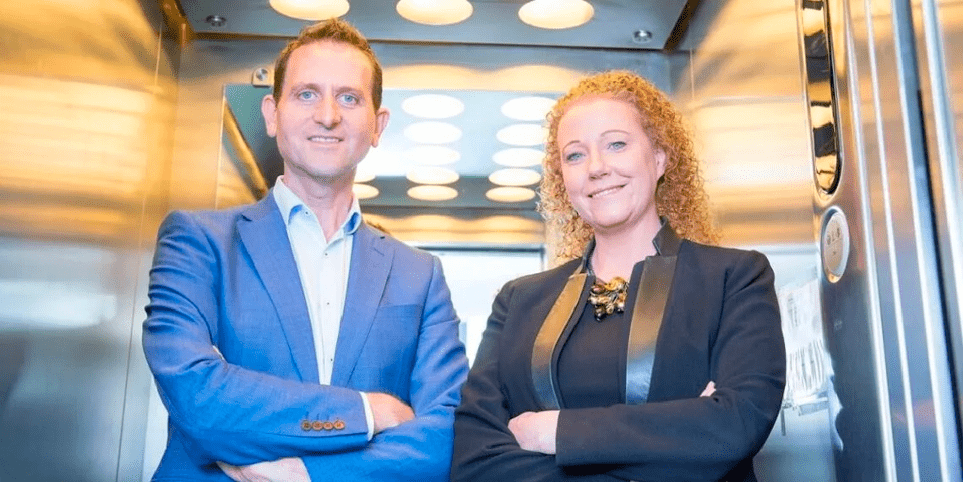Dublin-based TransferMate, a global B2B payments technology startup that enables companies to send and receive payments cheaper, faster, and easier than before, has announced that it has raised $70M (approximately €66M) in a fresh round of funding.
With over $130M of total funding, the B2B payments infrastructure-as-a-service provider has now earned the status of a ‘unicorn’ and currently sits on a valuation of $1B.
The investment was made by Railpen, one of the UK’s largest and longest established pension funds, whose fintech investments include Starling Bank and bill.com.
TransferMate reports that growing its licensing infrastructure and banking network has helped the company to partner and power B2B payments products for some of the largest software platforms, banks, and fintech in the world.
With the raised capital, the company will expand its teams globally and further invest in technology innovation and its product suite.
Founded in 2010 by Terry Clune and Sinead Fitzmaurice, TransferMate, a subsidiary of CluneTech, claims to be the world’s leading provider of B2B payments infrastructure as a service, enabling companies to send and receive cross-border payments faster, easier, and at a lower cost.
Banks, fintech, and software providers partner with TransferMate to offer user experience for their business customers around the world.
Using TransferMate’s technology and global banking infrastructure, companies benefit from better exchange rates, transparency, and improved reconciliation via direct integration into accounting and ERP systems.
The company’s API solution allows partners to digitalize the payment flow within their software, enabling them to achieve significant time and financial savings.
The company claims it has created bespoke integrations for banks like ING and AIB, who are also investors in the company.
Currently, TranserMate allows businesses and individuals to make cross-border payments in more than 201 countries and in 141 currencies.
Read more on Tech Gist Africa:
British startup Foodsteps picks up $4.1M to label environmental impact of food
